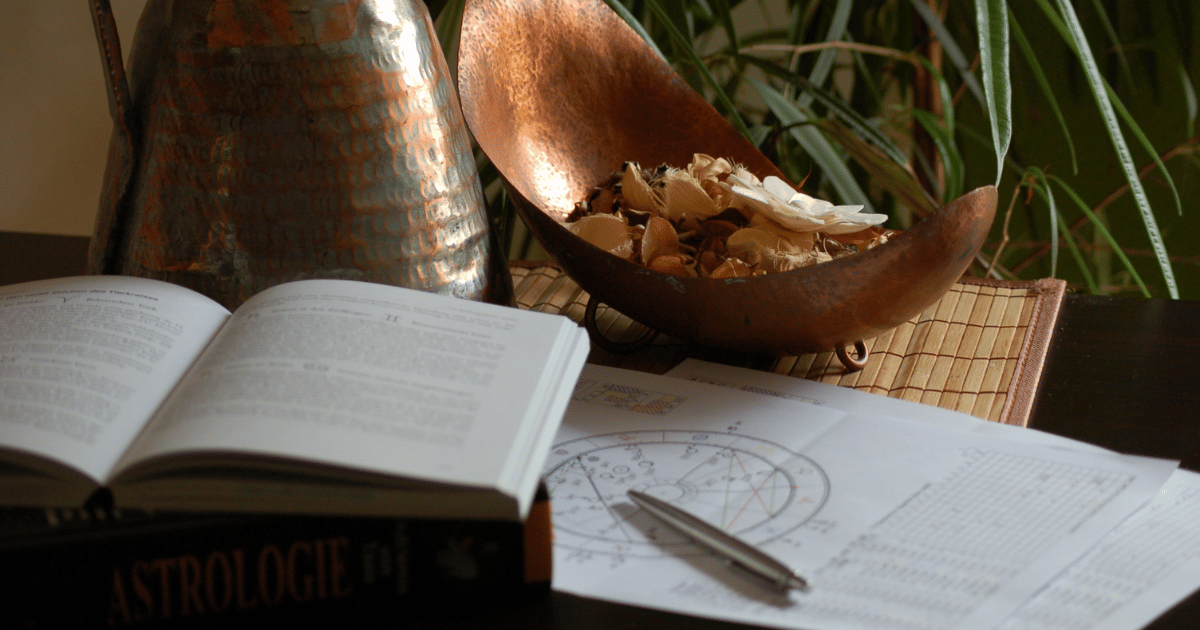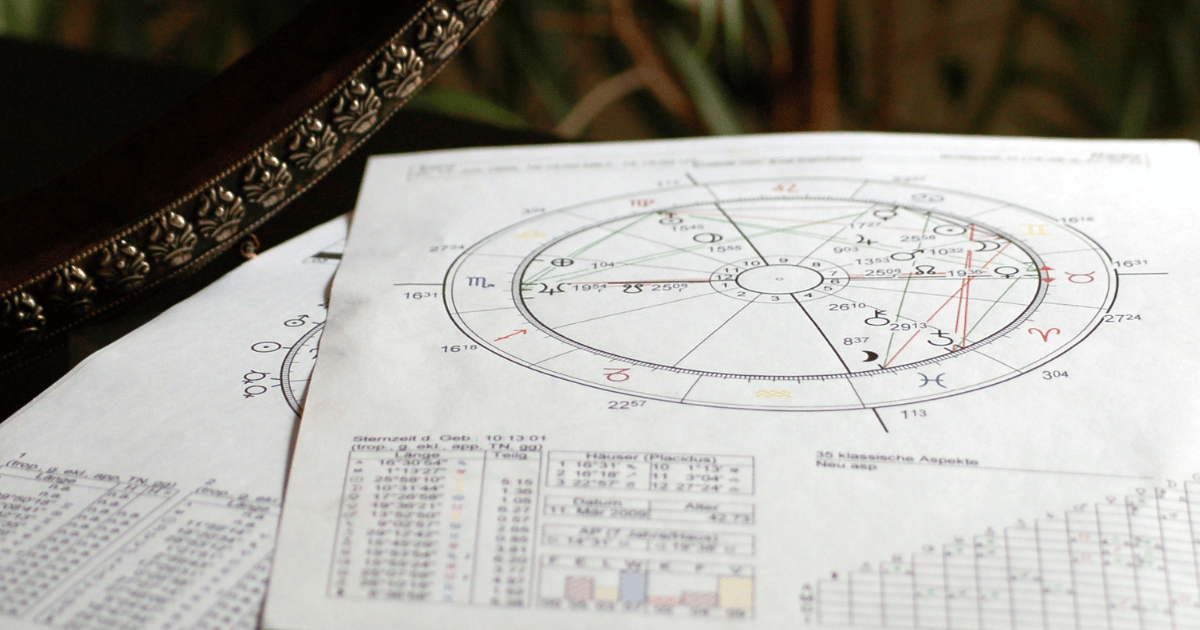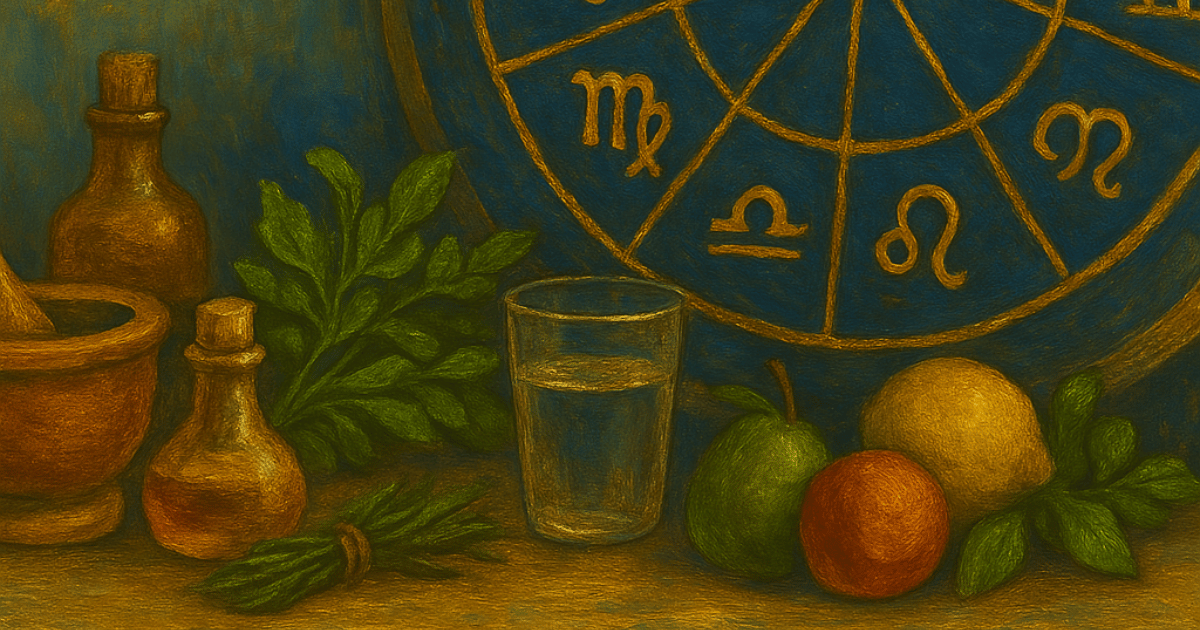Lunar Surgery: The Best Time for Healing & Recovery

Your surgery date might matter more than you think. If you’ve ever wondered why some procedures have smoother recoveries than others, the answer might lie in the sky—specifically, in the Moon.
For centuries, people have turned to astrology to guide important life decisions, from planting crops to business deals. But did you know that lunar cycles can also influence medical procedures, particularly surgery?
Timing an operation with the Moon’s phases could enhance the body’s natural ability to heal, reduce inflammation, and minimise complications.
This practice, known as lunar surgery timing, is gaining recognition among holistic practitioners, astrologers, and even some medical professionals who observe patient trends.
But how exactly does the Moon affect the human body, and what are the best (and worst) times for surgical procedures?

The Science & History of Lunar Influence on Surgery
Long before modern medicine, physicians and healers paid close attention to the Moon’s cycles when performing medical treatments. Ancient cultures, from the Egyptians to the Greeks, believed that the Moon played a crucial role in blood flow, swelling, and recovery rates.
Even today, some hospitals report an increase in emergency room visits, births, and post-surgical complications during the Full Moon. While scientific studies on the topic remain mixed, many healthcare professionals acknowledge a correlation between lunar cycles and human physiology.
How Does the Moon Influence the Body?
The gravitational pull of the Moon affects Earth’s tides—and since our bodies are composed of roughly 60% water, it’s reasonable to consider that lunar cycles could impact internal fluid balance. This includes:
- Swelling and fluid retention (edema)
- Blood clotting and circulation
- Hormonal fluctuations
- Emotional and nervous system responses
Surgery is a physically and emotionally taxing event, and choosing the right timing could support faster healing and reduce complications.

How the Moon Affects Healing & Recovery
Each lunar phase represents a different stage of growth, release, and regeneration. Understanding these phases can help determine the most favorable times for surgery and when to avoid procedures if possible.
🌕 Full Moon: Avoid Surgery
- The Full Moon is associated with heightened swelling, fluid retention, and increased blood flow.
- Studies suggest that the body's pain sensitivity is higher, and wounds may take longer to heal.
- Bleeding risk is elevated, making this a less-than-ideal time for major procedures.
- Some hospitals report increased ER visits and medical complications during this time.
🚫 Best to avoid surgeries unless it's an emergency.
🌑 New Moon: Mixed Results
- The New Moon represents new beginnings and renewal, which some believe can support healing.
- However, the body's energy levels may be at their lowest, leading to fatigue and slower recovery.
- Detoxification is strong, but the immune system might be weaker than usual.
🔍 Consider minor procedures, but avoid major surgeries if possible.
🌖 Waning Moon (Especially Third Quarter): Ideal for Surgery
- The best time for surgery is during the Waning Moon, particularly in the Third Quarter phase.
- The body is in a state of release and detoxification, meaning less swelling, lower fluid retention, and better wound healing.
- Pain tolerance may be higher, and post-surgical inflammation is reduced.
✅ Best timing for major surgeries and medical procedures.
🌓 Waxing Moon: Proceed with Caution
- During the Waxing Moon, the body is building strength and retaining fluids, which can be good for nourishment but not for reducing inflammation.
- Post-surgical swelling and water retention may be higher, leading to longer recovery periods.
- If you must schedule surgery, aim for early in the Waxing Moon rather than closer to the Full Moon.
⚖ Not the worst time, but not the best either—timing is key.

Astrological Guidelines for Elective Surgery
Beyond the Moon’s phase, astrology considers other planetary influences that can enhance or hinder surgical success. Here are additional factors to consider when planning an elective procedure:
1. Avoid Surgery When the Moon is in the Sign Ruling the Body Part Being Operated On
Each zodiac sign governs a different part of the body. For example:
- Aries: Head, brain, eyes
- Taurus: Neck, throat, thyroid
- Gemini: Lungs, shoulders, arms
- Cancer: Stomach, breasts
- Leo: Heart, spine
- Virgo: Digestive system, intestines
- Libra: Kidneys, lower back
- Scorpio: Reproductive system
- Sagittarius: Hips, liver
- Capricorn: Bones, joints, teeth
- Aquarius: Circulatory system, ankles
- Pisces: Feet, lymphatic system
If you’re having knee surgery, avoid days when the Moon is in Capricorn. If it’s a heart procedure, steer clear of Leo Moons.
Learn more about Elective Lunar Surgery
2. Choose a Waning Moon for Major Procedures
As mentioned earlier, Waning Moon phases are optimal for surgery, as they help with detoxification and reduced swelling.
3. Avoid Void of Course Moons
A Void of Course (VoC) Moon occurs when the Moon is transitioning between zodiac signs and is not making any significant aspects. This period is considered unpredictable, making it a less ideal time for important procedures.
4. Consider Mercury & Mars Retrogrades
- Mercury Retrograde: Miscommunications, scheduling errors, and delays are more common. Double-check surgery dates and paperwork.
- Mars Retrograde: Mars rules surgery and aggression—during this time, procedures may have complications or slower healing rates.
How to Apply This Knowledge to Your Own Surgery
If you’re planning an elective surgery, you can use astrology and lunar cycles to increase the likelihood of a smoother procedure and faster recovery.
Step-by-Step Guide to Choosing a Surgery Date
- Check the current lunar phase – Aim for a Waning Moon for major surgeries.
- Identify the Moon’s zodiac sign – Avoid surgery when it’s in the sign ruling the body part being operated on.
- Avoid the Full Moon and Void of Course Moons to prevent excessive bleeding and unpredictability.
- Be mindful of retrogrades and planetary aspects that could influence outcomes.
- Work with a professional astrologer (or use astrology apps) to find an optimal date.
By taking these steps, you can align your procedure with the natural cycles of the Moon and support your body’s healing process.
Learn more about Elective Lunar Surgery
If you want to learn how to pinpoint the best surgery dates using your personal astrology chart, the Elective Lunar Surgery lecture in the Lunar & Solar Health Cycles Lecture Bundle walks you through the process step by step.
📌 You’ll discover:
✔ How to analyse lunar cycles for optimal healing and recovery
✔ What to avoid when scheduling surgery
✔ How to use planetary transits to time procedures wisely
Get the Lunar & Solar Health Cycles Lecture Bundle
By combining modern health insights with ancient wisdom, you can take an empowered approach to surgery and healing—one that respects both your body and the universe.
Get Astrology of Health Updates, Insights & Invitations
Featured Training
Foundations of Medical Astrology
7 WEEK TRAINING PROGRAM
29th June - 11th August 2025
✨ pre-recorded trainings to watch before the program starts
✨ 2 hours of live training and Q&A per week on Zoom
✨ session recordings and resources
Medical Astrology Mini Course
ONLINE COURSE
In this course you will learn how to read and interpret astrological charts to improve health and well-being. Including training on how to read a natal chart, the astrological signatures of health and disease, how the 12 signs connect to body parts, systems, nutrition and herbal medicine.
Medical Astrology Training Bundle
18 x 2-hour training sessions to learn the intricacies of chart reading, interpretation, and medical astrology.




